Tag:
private sector

Since May 2021, MOMENTUM Nepal has worked with 105 private sector service delivery points (73 pharmacies and 32 polyclinic/clinics/hospitals) in seven municipalities across two provinces (Karnali and Madhesh) to expand their access to high quality, person-centered FP services, especially for adolescents (15-19 years), and young adults (20-29 years).
The private sector in Nepal is an important source of short-acting reversible contraceptives. It represents a critical opportunity to increase contraceptive access and choice. The Government of Nepal (GON) has emphasized the importance of strengthening social marketing and the private sector (National Family Planning Costed Implementation Plan 2015–2020). Nepal CRS Company (CRS) has introduced contraceptive products and services in the country for almost 50 years. Recent innovations in social marketing, through the use of marketing methods, intend to bring about social and behavioral change to improve citizens' quality of life.
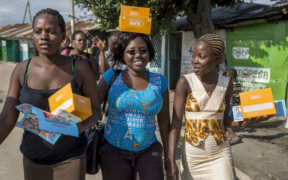
Pharmacies play a critical role in providing access to reproductive health services in low-resource settings in Kenya. Without this private-sector resource, the country would not be able to meet the needs of its young people. Kenya’s National Family Planning Guidelines for Service Providers allow pharmacists and pharmaceutical technologists to counsel, dispense, and provide condoms, pills, and injectables. This access is critical to the health and well-being of youths and the overall achievement of the United Nations’ 2030 Agenda for Sustainable Development goals.

In the final year of SHOPS Plus, we used an approach to arrive at key themes for our last year. We will use the themes as a framework to organize our learning across the project. The steps below are not, of course, the only way to organize learnings, and they are a work in progress. We will know how well the framework holds up once we get further into programming our events. What follows is a behind-the-scenes look at how our project got ready for the whirlwind of its last year.
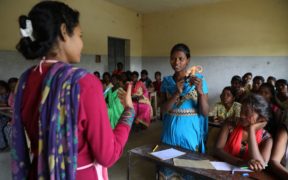
Earlier this year, the Reproductive Health Supplies Coalition (RHSC) and Mann Global Health published “Landscaping Supply Side Factors to Menstrual Health Access.” This post breaks down the key findings and recommendations in the report. It talks about ways that donors, governments, and others can ensure access to menstrual health supplies for all who need them.
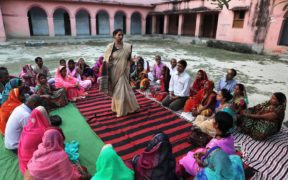
PRB’s Empowering Evidence-Driven Advocacy project and Policy, Advocacy, and Communication Enhanced for Population and Reproductive Health project are glad to partner with Knowledge SUCCESS to bring you this curated collection of resources highlighting different facets of family planning policy environments.
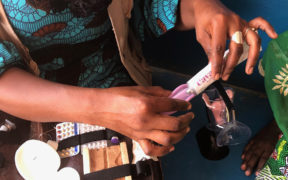
The Expanding Effective Contraceptive Options (EECO) project is delighted to partner with Knowledge SUCCESS to bring you this curated collection of resources to guide the introduction of new contraceptive products.
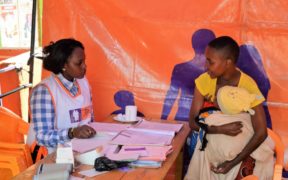
The Sustaining Health Outcomes through the Private Sector (SHOPS) Plus project is delighted to partner with Knowledge SUCCESS to bring you a curated collection of resources highlighting the importance of the private sector in family planning programming.
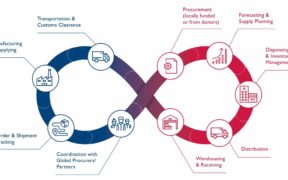
On November 19, the High Impact Practices for Family Planning (HIPs) Network, in collaboration with Family Planning 2020 (FP2020) and IBP Network, hosted a webinar where family planning supply chain experts presented the most important intervention areas and tips from experience.
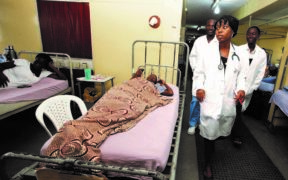
SHOPS Plus implemented a gender-transformative supportive supervision activity in Nigeria. Their goal? Improve performance, retention, and gender equity for voluntary family planning providers.













